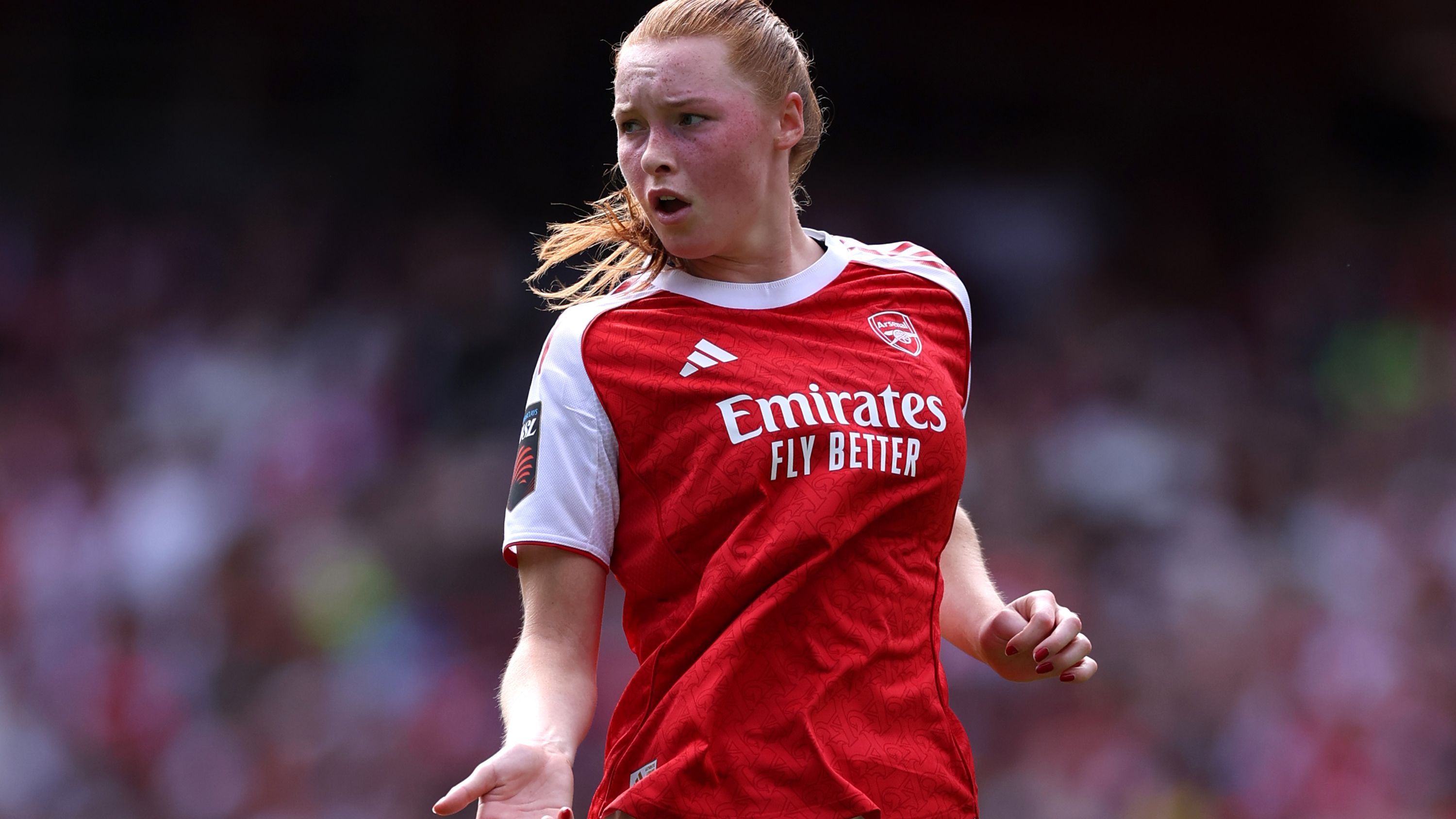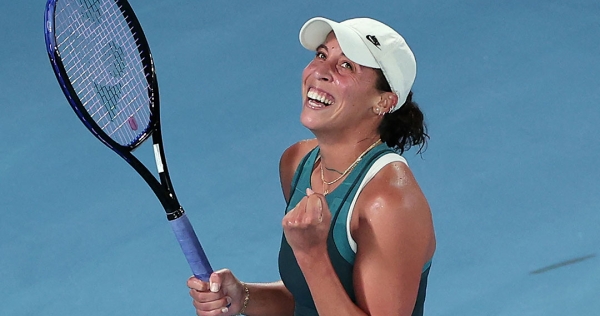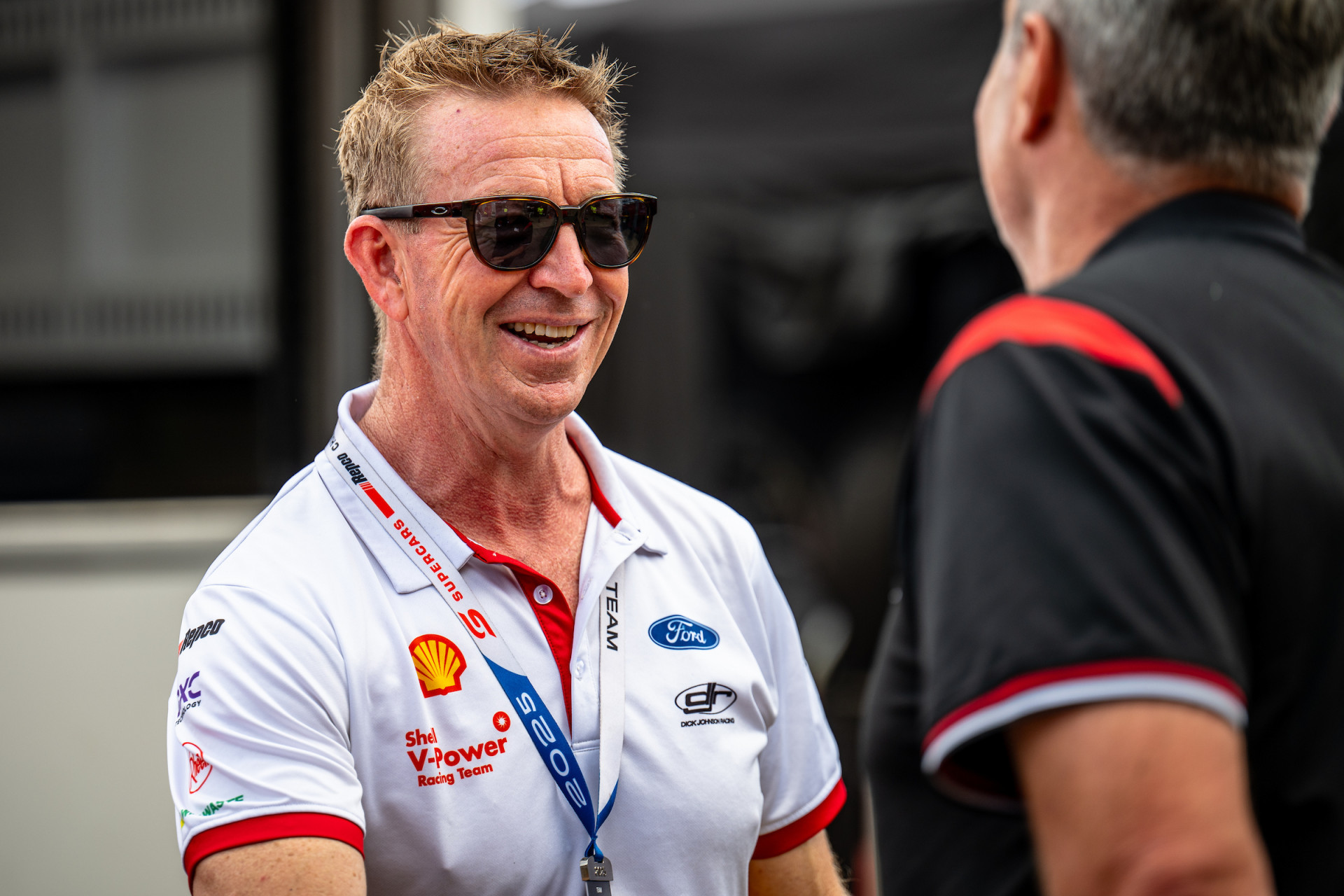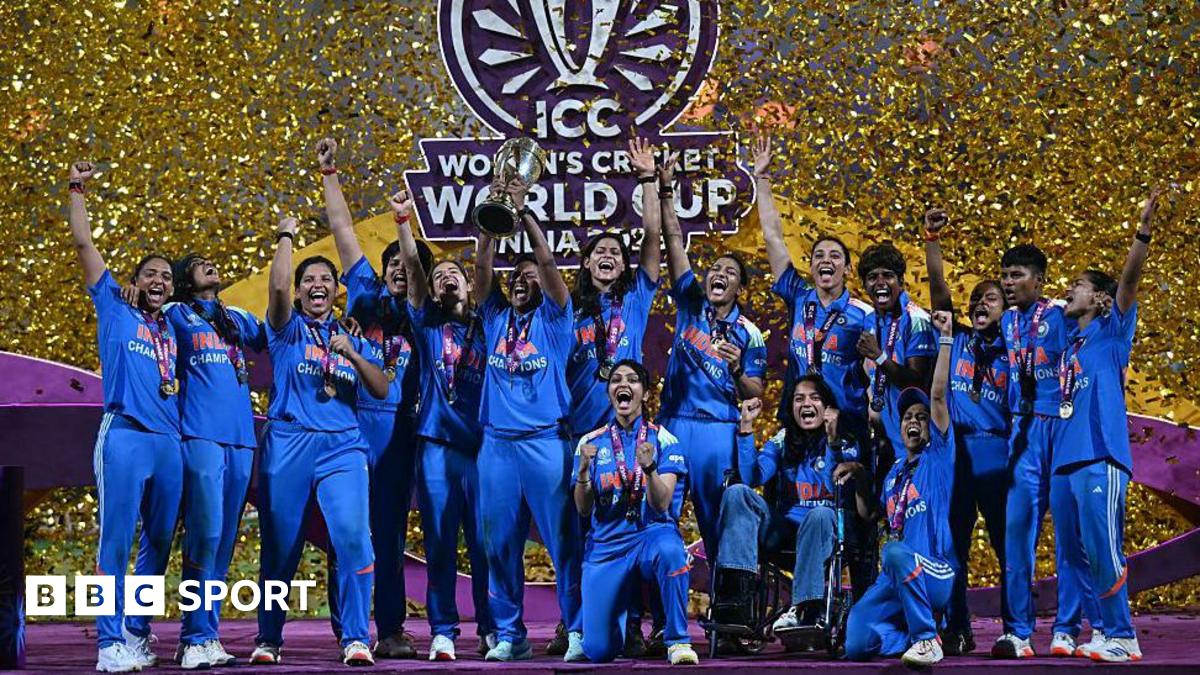Broncos' Alex Singleton reveals he underwent surgery Friday for testicular cancer
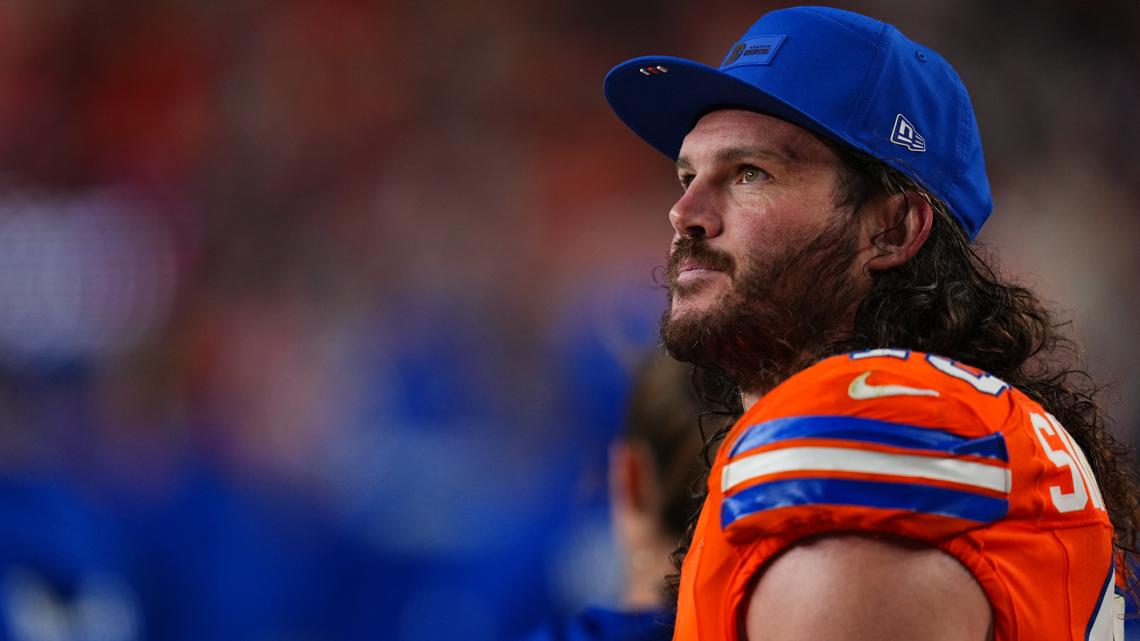
ENGLEWOOD, Colo. — Broncos standout inside linebacker Alex Singleton revealed Monday he underwent successful surgery Friday to remove a tumor that had tested positive for testicular cancer.Singleton was diagnosed with the cancerous tumor last Monday after the NFL Drug Testing program showed he had elevated hCG levels, or human chronic gonadotropin, which produces progesterone. Knowing he didn’t take anything external to cause the spike, he made an appointment with a urologist, Dr. Andrew Zilavy, who determined there were signs of a testicular tumor.Singleton stated he would miss a few weeks but plans to return to the field before season’s end. In a conference call with members of the Denver media Monday, Singleton didn't want to put a timeline on his return other than he won't play this Sunday against the Kansas City Chiefs.“It’s been a whirlwind,'' Singleton said. "I don’t necessarily even know if I’ve fully have coped with everything that’s gone on. I found out Monday afternoon what it fully was and then I was going to have surgery Friday. It was nice between the doctors and the team and my wife and the medical team they took on all the pressure of planning all the doctors appointments and surgery planning."I was able to, which is what I wanted, was just focus on football for the week, the Thursday game to not let it change my life, yet, if that makes sense because it was still so shocking. The surgery went really well so I’m happy I was able to do this today.”Amazingly, Singleton played in the Broncos’ game Thursday night, helping the Denver defense dominate the Las Vegas Raiders in a 10-7 win, then had surgery to remove the cancerous tumor the next day. Not many humans can compartmentalize two such distinct situations. Then again, Singleton is the same guy who played three quarters of a game last season at Tampa Bay with a torn ACL."It was an interesting week of emotions for me because I found out about the drug test the Wednesday before Houston,'' Singleton said, referring to the Broncos' 18-15 win last Sunday against the Texans. "There was a lot weighing on me going into the game (because of the positive test for what would have been a banned substance) knowing that I wasn't taking hCG this protein that my body had in it. So I was almost as scared going into that game."And so on Monday when I finally got these (cancer) results it was not freeing for me but a lot more for me like anything in life I would rather know a game plan and know this stuff going forward to be able to attack that than anything else."So when we found out Monday the first thing I said was, "I still want to play Thursday. Football has always been an outlet for me and always will be. So to be able to play Thursday -- the short week honestly made it better. Tuesday, Wednesday I got to fully immerse myself in football and get this off my mind as much as I could because we weren't going to know anything until after the surgery, anyways. And still don't 100 percent know everything."So the biggest thing for me was how to get my mind off it. Football was the best thing to do that. Playing Thursday night here in our throwbacks (uniforms) and all that it makes it easy -- or not easy but able to block out everything that was going on in my mind."Singleton leads the team and ranks fifth in the NFL with 89 tackles. He said doctors believe the tumor was detected at an early stage and his prognosis for recovery are good.Singleton said in his statement:“I shared with my teammates and coaches this morning that I underwent successful surgery on Friday for testicular cancer after being diagnosed last week.Thankfully, we believe the cancer was caught early with a great prognosis for me and my family. While we are still awaiting some additional tests, I fully expect to return to the field in the coming weeks.A little over two weeks ago, following a random test as part of the NFL’s Drug Testing Program, I received a notice that I had elevated levels of the hormone hCG in my system.Without a doubt, I knew with how diligent I am with what goes into my body that this was not from anything external I may have taken. After speaking with my agent and wife, we decided to book an appointment with a urologist.On Monday, I visited Dr. Andrew Zilavy who determined that, in fact, I had signs of a testicular tumor. I immediately contacted the Broncos and they put me in contact with Dr. Geoff Ledgerwood, who was able to conduct an ultrasound to confirm the diagnosis.And then Friday, after playing in the Raiders’ game the previous night, I underwent surgery to remove the cancerous tumor and begin the road to a full recovery.I wrestled with sharing such personal information publicly. But the fact is, if it helps one person decide to pay closer attention to their body, then it is well worth it.Early detection and regular screenings save lives and can save loved ones from a lot of grief. Heck, I have a wife, Sam, and daughter Tallyn, along with an amazing family back in California.Not to mention, I’m a part of a great organization here with my Broncos family.There are so many people I’d like to thank for their support and immediate action to help over these few weeks.I’m sure I’ll miss someone but I want to thank: Dr. Zilavy and Dr. Ledgerwood.Greg and Carrie Penner along with the entire Broncos organization. This includes VP of player health & performance Beau Lowery, Vince Garcia, Rich Hurtado and George Paton. Literally, within minutes of getting a call from my agent, this group arranged for me to get an ultrasound and other tests done to confirm the initial diagnosis.Sean Payton and VJ (defensive coordinator Vance Joseph), who have been absolutely great and incredibly supportive.My agent, Paul Sheehy, who has supported me and helped me navigate this situation.And of course my wife Sam, who was with me every step of the way. She is truly the strongest person I know.More than anything I really want to just thank everyone for their support and emphasize the importance of early detection and regular screenings.Can’t wait to get back on the field.


